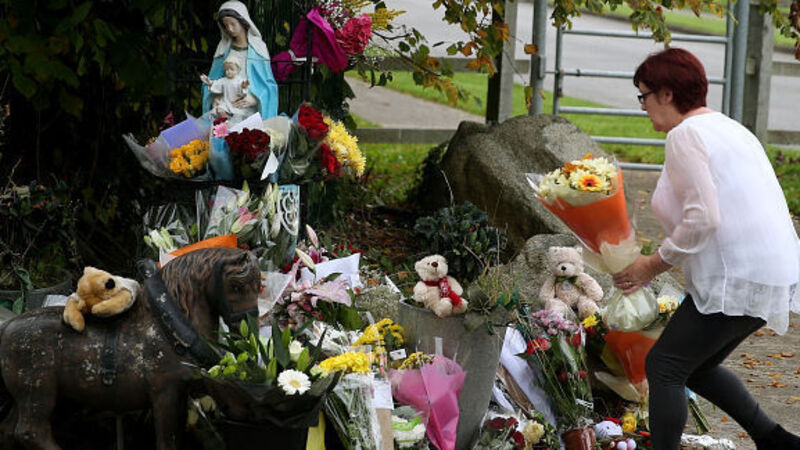We must invest in the Traveller communities

IN THE wake of the appalling fire tragedy that cost 10 lives on a Traveller halting site in Carrickmines, Co Dublin, last weekend, there have been unprecedented expressions of solidarity with the families affected and the Traveller community as a whole.
The settled community has, tragically, been given an insight into the vulnerability of Travellers particularly in relation to Traveller accommodation.













